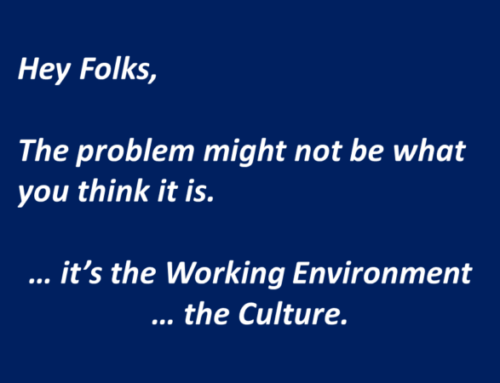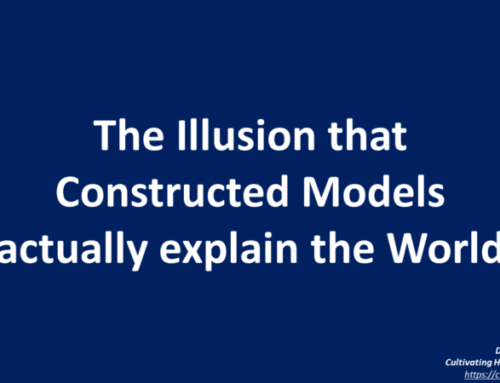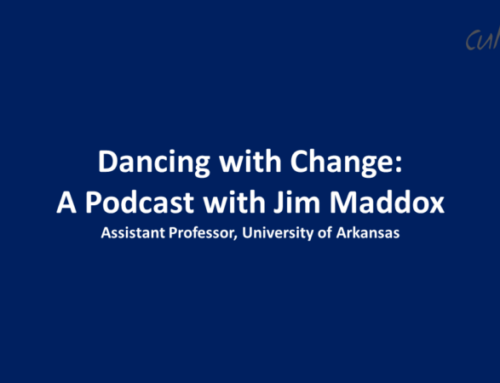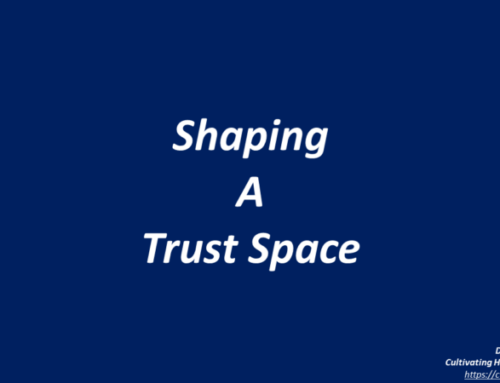Limiting Lenses
What are we seeing when we open our eyes?
What are we seeing when we look?
What are we understanding when we look and see and hear?
…
….
What is colouring my perspective when I look at whatever I am looking at and see whatever I am seeing?
This is such an important Question, because something is always colouring our perspective … it can’t be any other way. We are living organisms, bringing our unique history to every single context in which we engage. We bring our momentary mood, events/incidents that in the immediate past or present are influencing what we’re thinking and feeling and seeing and perceiving.
The notion of an independent, neutral or “objective” perspective is pure myth.
As the composer Philip Glass has said, “A work of art has no independent existence. It has a conventional identity and a conventional reality and comes into being through an interdependence of other events with people.”
And so it is with culture, which has no meaning whatsoever until it is perceived in the context of the interrelationships of the moment in society/the organisation/a family.
Culture is on the one hand, so deeply embedded, that it influences all our reactions; on the other hand, it is a dynamic that changes continuously with every single interaction.
These photos were all taken within a couple of minutes of each other, on a recent flight from Munich to Geneva. It’s only the angle of the camera and my thoughts at each moment that determined the outcome. The Context, in the moment … Low clouds shrouded the view on this day. On another day, I may have been admiring the view of the Alps below … The Context, in the moment.
Why is this important?
… because context is essential in understanding actions, reactions, behaviour.
… because context is important in understanding culture, and especially it’s dynamic.
… because context is important in interpreting any situation. This also acts as a mild warning to business leaders who may fall into the trap of interpreting challenges as problems and seeking solutions where further Questions would be more productive.
There are no constants in culture. It’s unpredictable. And we can never even hope to understand anyone else’s perspective at a particular moment in time unless we engage in conversations where Questions and space for the unknown to evolve exist.
Readers who know cultureQs and have experienced its ability to generate deep conversations are well aware of this. Relationships need to evolve and be built. It can’t happen automatically, and no app can do this. Only human interaction is able to evolve the trust that constitutes the foundation of doing good funky stuff together.










